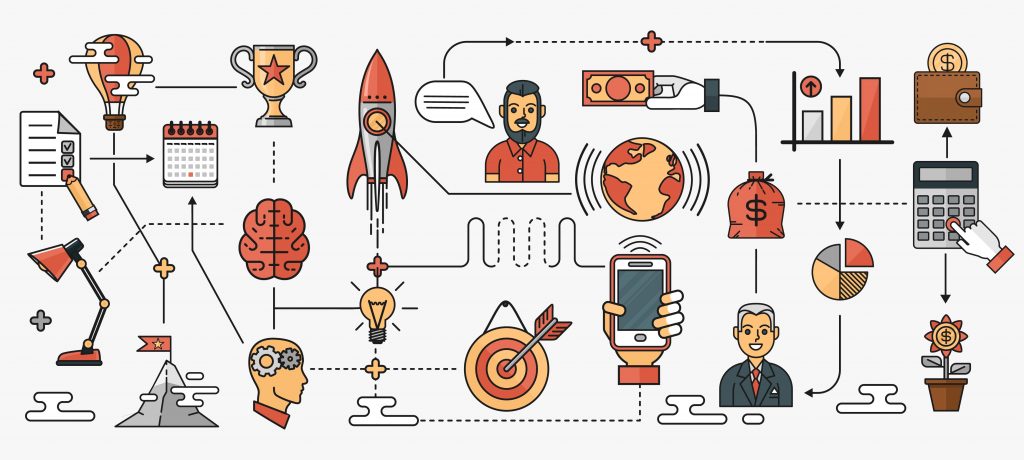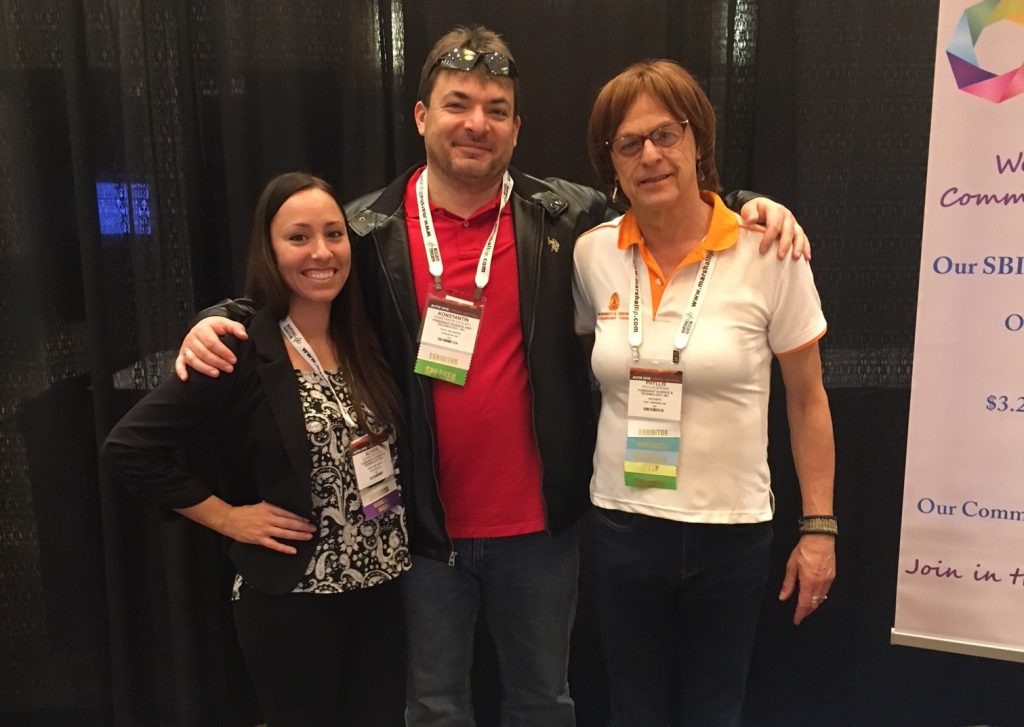On September 17, 2018 Foresight’s Founder, Dr. Phyllis Speser, will speak at the Swedish Network for Innovation & Technology Transfer Support (SNITTS) conference “Innovation by Collaboration.” She will be presenting the keynote titled “Replacing Money with Sustainability: Ethics, Metrics, and International Collaboration”
Learn more about the conference and session here: http://www.innovationbycollaboration.se/ibyc-2017-2/program-ibyc-2018/






